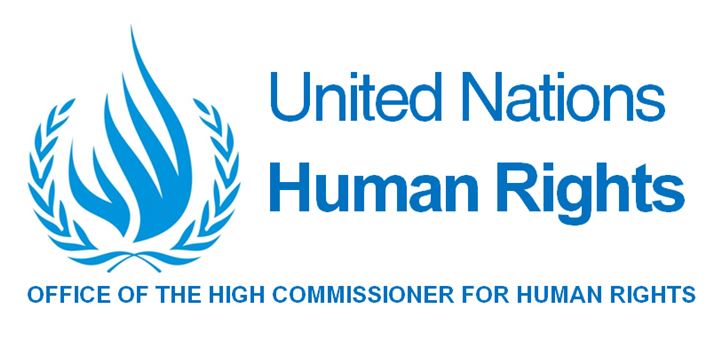The UN International Independent Expert Mechanism to Advance Racial Justice and Equality in Law Enforcement called on Belgium to take concrete steps to address the legacies of its colonial past and fight what it said was widespread, systematic racism that still permeates the nation today.
The call came on the final day of a 10-day visit that began 2 June. Experts Tracie Keesee and Victor Rodriguez visited Brussels, Namur, Charleroi, Antwerp, and Mechelen.
“Community members told us that they want to be treated as humans, that nothing has changed and nothing is changing, that diversions and political complexities are used to keep from committing to true change,” said Keesee. “They also explained the great work they do within their communities and expressed their commitment to work with the authorities to bring about meaningful change.”
The experts recognized several good practices; for instance, the existence of a specialized police watchdog outside of the executive power and a centralised internal police control body, as well as the grants to some civil society organizations working to combat racism. “These practices can serve as a model for other States,” Rodriguez said.
However, the experts concluded that Africans and people of African descent, as well as other persons perceived as “foreigners” – including Belgian nationals and persons born in Belgium – face systemic racism, racial discrimination, xenophobia and related intolerance.
“Systemic racism permeates all sectors of society, including in law enforcement and the criminal justice system,” said Keesee. “It is a legacy of enslavement and colonialism, whose long-lasting impacts continue to be felt today. Belgium must continue to take concrete steps towards reparatory justice by confronting the legacies of its history, with the effective participation of affected communities.”
The Mechanism heard testimonies of racial profiling and of excessive use of force by the police against Africans and people of African descent, including against children. “These cases are a clear illustration of systemic racism against these communities, which severely impacts trust in law enforcement institutions,” Rodriguez said.
The Mechanism also witnessed very good community policing practices, which it said should be expanded and strengthened. “We visited police zones that have wonderful practices to bring the police closer to the population and vice versa, including programmes that encourage racialized and vulnerable young people to join the police, something that is lacking in Belgium,” Keesee said.
The experts emphasized how the challenging and stressful nature of law enforcement work directly affects the mental health and well-being of officers, and how this can impact the way they perform their duty and their interactions with the communities they serve. “Peer support groups, and mental health resources should be readily available in support of officers,” Keesee said.
The Mechanism also addressed overcrowding in prisons with disproportionate incarceration of Africans, people of African descent, and people of foreign origin. It noted the use of prisons for administrative migration detention and as mental health detention facilities.
The experts thanked the Government for its invitation and for the smooth cooperation in organizing the visit. They also thanked all institutions and stakeholders who met with them and provided valuable information.
During their visit, members of the Mechanism met with a wide range of governmental stakeholders, including police departments, federal and regional ministries and authorities, city authorities, and other specialized organs, including the Standing Commission of the Local Police, the Committee P, and the General Inspectorate of the Federal and Local Police.
The experts also met human rights institutions, including Unia, the Flemish Institute of Human Rights, and the Federal Institute of Human Rights, and visited the Museum of Central Africa in Tervuren and the memorial museum of Kazerne Dossin in Mechelen. They also visited the administrative detention centre for migrants “Caricole,” the Namur prison, and the local police zones of PolBru and BruWest, in Brussels.
The Mechanism shared its preliminary observations and recommendations with the Belgian Government earlier today. The full findings of its visit will be presented to the UN Human Rights Council at its 60th session in September/October 2025.
Distributed by APO Group on behalf of United Nations: Office of the High Commissioner for Human Rights (OHCHR).



